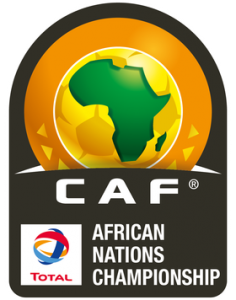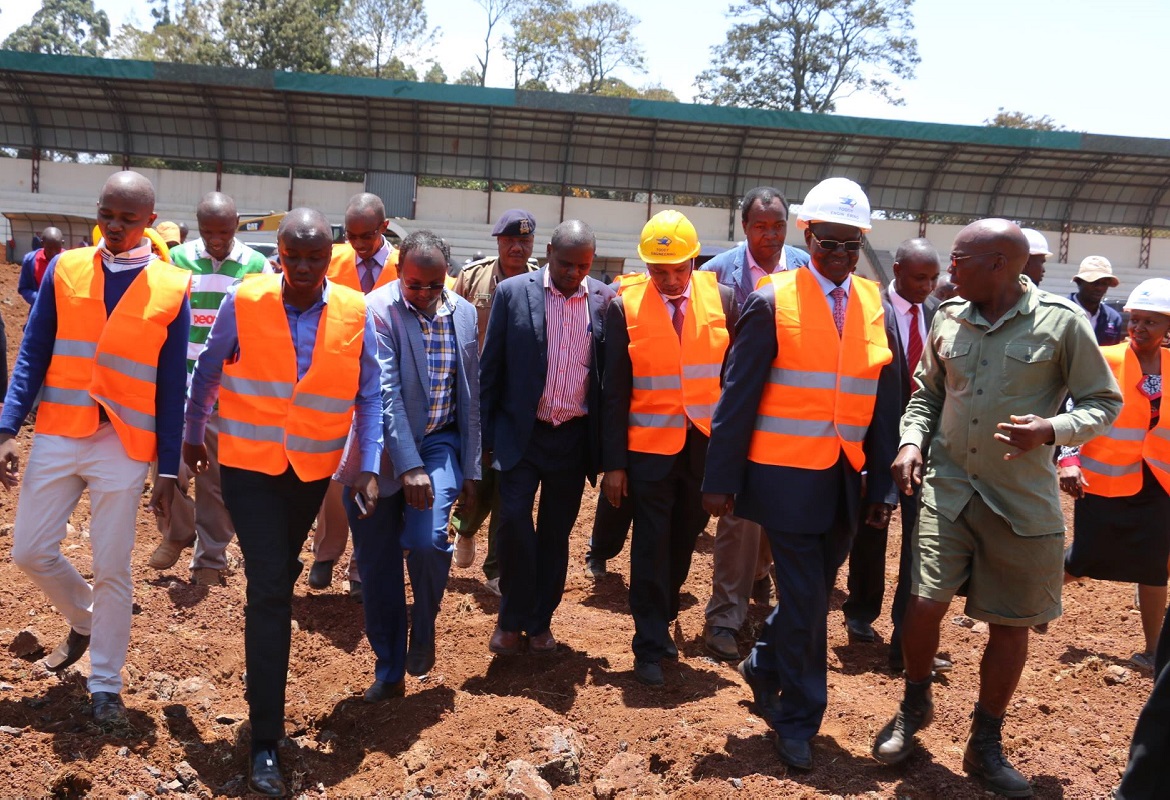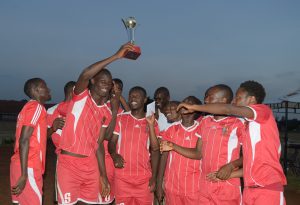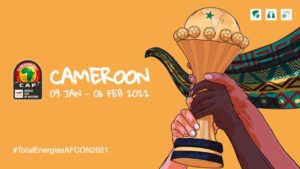Kenya was recently stripped of the African Championship of Nations (CHAN) 2018 hosting rights, having failed to convince the Confederation of African Football (CAF) of its readiness to stage the showpiece. The blame game is now on with different players pointing fingers at various quarters within government and the Football Kenya Federation (FKF). Some have gone further to blame the current political situation in the country. Apparently, this was also one of the reasons sited by the Confederation of African Football (CAF). Kenya has once again lost a glorious opportunity after giving up the rights to host the 1996 Africa Cup of Nations (AFCON) to South Africa.
So what went wrong this time?
For starters I think it is important to understand what role different stakeholders had to play in ensuring Kenya’s readiness for the event. The decision to award Kenya the tournament was made in February 2014.
Sidebar: It is embarrassing that the original bid prepared by Kenya was to host the Africa Cup of Nations (AFCON) and not CHAN, but CAF was kind enough to tame our ambitions and allow us it’s “second class” tournament. AFCON is the premier international competition in Africa graced by the continents best players.
Soon after the awarding of hosting rights the work of organizing the tournament should have been ideally handed over to a Local Organising Committee (LOC), normally consisting of representatives from government, federation officials and even the business community (not that business community). It is rather surprising to learn that the LOC for CHAN 2018 was only gazetted on 23rd January 2017 and held its first meeting in February. You have to wonder who was coordinating the work from February 2014 to February 2017 – 3 years! No efforts by the government (read ministry of sports) or the president(s) of the federation to have the LOC constituted. An opportunity of this magnitude should also have triggered the interest of private sector businesses and other stakeholders, who should have sought inclusion in the plans through the LOC.
The failure to set up the LOC could be blamed on the fact that FKF elections were due to be held in December 2015 and it was quite evident that the then president, Sam Nyamweya, was facing a stiff challenge to retain his seat. Sam Nyamweya led the CHAN 2018 bidding process. It is apparent that the period between February 2014 and February 2016 (when the incumbent took over) was spent politicking rather than preparing for the task that lay ahead – a failure on the part of the then president, and the federation as a whole. 
When the current president, Nick Mwendwa, took over in February 2016 there was a lot of optimism in the football circles. With a lot of (social) media attention Mr. Mwendwa went about selling his agenda for Kenyan football forgetting an agenda had already been spelled out for him with CHAN at the top of his to-do list. A whole year after his election there was still no talk of a Local Organizing Committee! Instead there was a lot of hullabaloo about the size of the Kenya Premier League, Sportpesa, selection of national team players/coaches, Harambee Starlets, etc. Very little on the status of our preparation for CHAN. The LOC is something he should have pushed for immediately he assumed office – a failure on the part of the president and the federation as currently constituted.
The government should also shoulder part of the blame here, owing to the fact that the country’s bid was highly pegged on guarantees made by the government. However, as you would imagine with the general elections on its plate, football was probably not that important. I also find the lack of interest by the private sector businesses rather disturbing. Organisations such as the Kenya Private Sector Alliance (KEPSA) can and should be involved in such an undertaking that presents a great opportunity to inject much needed resources into the economy.
That said, key areas that needed attention were hospitality, transport, infrastructure and security. Infrastructure should have been placed at the top of the agenda and construction and or renovation of stadiums and training grounds commenced immediately the country was handed the hosting rights. Hospitality has been a mainstay of Kenya’s economy, while security and transport were areas the government was already tending to, prior to the announcement. So in essence we only needed to work on the stadiums. It was reported only one stadium out of the five required was ready at the time CAF did its last inspection in September 2017. Even that one was not prepared with a view to hosting CHAN but the IAAF World U18 Championships that Kenya successfully hosted in July.
To host the CHAN you only need four stadiums that can guarantee safety and security and a good playing surface. I am not sure why we keep insisting on “world class” stadiums. When the hosting rights were awarded to Kenya I imagined we already had the stadiums, two in Nairobi, one in Kisumu and one in Mombasa. These to me were automatic choices owing to the popularity of the game in these regions and the existing infrastructure. Upgrading the two stadiums in Kisumu and Mombasa to CAF standards would have required less work than the surprise choices in Meru and Eldoret. This was a poor decision which many have attributed to national politics…the same politics that supposedly cost us the 1996 AFCON.
Well as the saying goes CHAN 2018 is now more water under the bridge. What can we do ensure we are not beaten for a third time? In my opinion a lot of work needs to go into professionalizing the Football Kenya Federation (FKF) secretariat. This means setting up a secretariat that can work with little or no interference from the politics of the day. Now that Nick Mwendwa has his hands free he should focus on the internal organisation of the secretariat, a secretariat that will continue working on projects while he does the lobbying in various quarters including government and private sector.

Rushing to the media claiming to be preparing to bid for global tournaments portrays a lack of strategy and poor consultation (funds allocated for CHAN were almost immediately withdrawn for more pressing issues!) Hosting the CECAFA Senior Challenge Cup is another attempt to hoodwink an increasingly disappointed football fraternity. Following such a debacle, it is only prudent that we all Stop, Think and then Act. As the FKF president rightly pointed out all is not lost and this set back presents us all with an opportunity to reflect and hopefully be better prepared for next time.
In my view hosting the CHAN or any other major event is not necessarily good for the development of the game in the country. In fact without the right structures in place hosting such an event can only result in a few short term gains, mainly economic incentives and a renewed sense of patriotism while leaving behind long-term scars such as the expensive and underutilized stadiums. This has been witnessed in countries such as South Africa and Brazil, which draw more interest in football than Kenya.
Therefore, focus should now shift to the grassroots and actually developing the infrastructure and talents, while renewing genuine interest and increased participation in the game. Countries such as Iceland serve as outstanding examples in this regard. Iceland has become the smallest country to ever qualify for the World Cup. The country has never hosted a major competition, but has focused their efforts on increased participation in sports through infrastructure development at the the grassroots level. This was a joint effort by the national and local governments , including politicians, to help curb a social vice among the country’s youth, alcoholism. Perhaps our county governments can borrow a leaf from the Icelanders!
In conclusion, although the loss of the CHAN hosting rights was a failure on many fronts and an embarrassment to the country, it really presented us with an opportunity to rethink our strategy and commitment to the development of the game. It is high time we stopped thinking of ourselves as a footballing nation and start working towards becoming one. While at it let us identify long-term motivating factors to sustain our efforts as opposed to the window dressing we have become accustomed to.






Pingback: The Chairmen - Politicians, Administrators and Businessmen